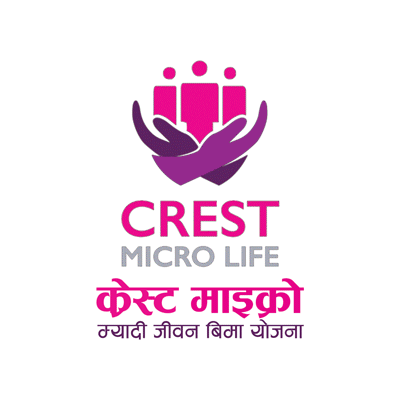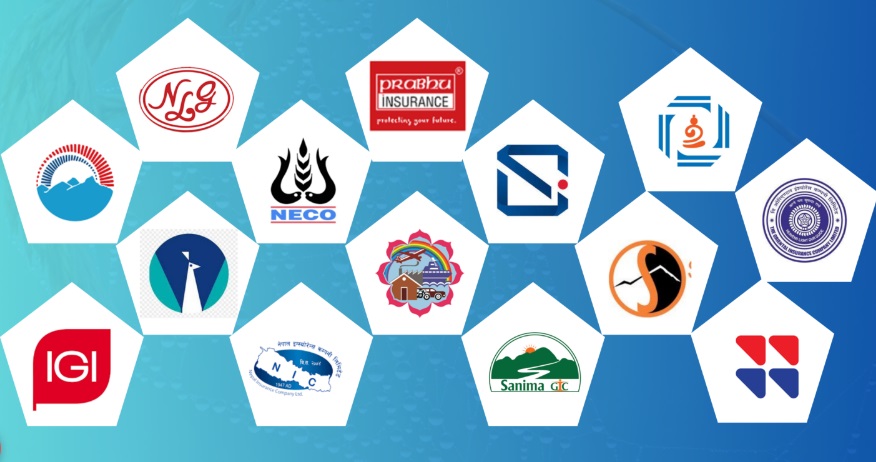Kathmandu. Known as an expert in insurance technology, #Kishor Dahal#. A resident of Dharan, Sunsari, Dahal has more than two decades of experience working in the insurance sector. Dahal has gained experience in the life insurance, non-life insurance, reinsurance and microinsurance sectors as well as working at the regulatory Nepal Insurance Authority. Dahal has done MBA and MCA. Dahal is active in this sector with the goal of doing something digitally in the insurance sector of Nepal. Dahal, who previously worked with many teams, is now planning to do something himself. Summary of the conversation with Dahal, an expert in insurance technology, on #‘Insurance Talk’:
#We are talking about making insurance digital. We say that all the information in the insurance sector, including policy payments, policy sales, claim payments, and various other activities, can be obtained from one place by the stakeholders at any time they want, and the insured will also benefit. However, the situation is not looking like that today. In which phase of digitalization are we in the insurance sector?
We are in the foundation phase of digitalization in the insurance sector. Any technology has a phase. If we look at any country in the world, its development has not happened all at once. It happens in its own phase. In Nepal, we are all educated now. We are starting the foundation. I do not believe that some companies say that they are working completely digitally.
Foundation Investment, Education, Literacy or What?
We are at the foundation of many things, including hardware, technology. First of all, we should have the belief that the insurance sector should invest in technology in our industry. We are not getting that. Any software has a price. Hardware has a price. We do not find the idea that investing in hardware will make work easier, this is an investment. Companies do not seem to think like this.
The new Insurance Act paved the way for issuing digital policies. Otherwise, there was no option but to go door to door to sell policies. But, where do we still have a problem?
Issuing digital policies will not happen overnight. It has started now. I think it will still take at least 5-10 years to educate and sell digital policies to everyone in Nepal. Because mobile penetration is very high in our country. The information revolution has arrived. However, insurance companies are not able to utilize that information revolution.
But, that may have been one-sided. Citizens can use mobile phones and use the internet, but they are not yet able to decide what to use and what not to use.
Insurance companies should have done that work. However, even if they only educate and train their agents, today they will have 50 people, next year 200 people, and the next year 700 people.
Nowadays, it is difficult to find IT-savvy employees in insurance companies, isn’t it?
Insurance companies should invest in training for IT. Wherever we go in insurance companies, we find that banks are given as an example. Nepal’s banking sector has not only risen today. It has come this far through a long history. There is a lot of investment in training in the banking sector, various trainings are being conducted. Insurance companies are not focused on training.
However, it does not seem that the Authority has become technology-friendly.
There have been many technology-friendly works in the Authority. We have made arrangements for the company to be able to do the MIS system online. Initially, we had no infrastructure. Sometimes we were working by asking India, sometimes asking where, sometimes how to do it, but now at least we have an MIS system. Also, it was said that it would be easier to invest in technology after moving to a new building. The new building has been built and is in the implementation phase. Now the authority is expected to have its own data center.
If the National Bank wants, it can immediately look at a component of any bank. Is there such a situation if the Insurance Authority wants in the insurance sector?
I think our understanding is wrong. The National Bank does not directly supervise any bank. Rather than directly observing all the regulators, they should create an environment to move in that direction. The National Bank monitors the data made public by banks. The Insurance Authority will also work in the same way. When insurance companies publish data on their websites or receive information, they should look into it.
But, we look at monthly and quarterly data. In which there is a 10-12 percent difference between the data that came earlier and the data that came later. This is a problem in our data mailing.
What we need to understand is that there is some problem in everything. Suppose a life insurance company has sold an insurance policy based on premium age. If there is a problem tomorrow, it may be 5 thousand during data endorsement. I don’t think the insurance authority should tighten it.
We hear from insurance companies that IT systems from different countries are in place. Different companies are in place IT systems from different countries. How does the regulator integrate them?
If using only the country’s system is not enough, then it is important to consider what our country needs. Until we can identify what we need, we cannot do anything even if we bring the IT system of the country.
At one time, it was said that Nepal’s own software was being used in the bank, called Pumari. However, software from an international country was preferred so that everyone would use the same. Is there any such case in insurance?
While the bank is talking about the phase-out of Pumri, we should see how much investment it was ready to make in this sector. Also, how much recognition did the country give to Pumri? We should see things like this.
Did it not give value or could it not invest?
In my opinion, it could not get value at all. Now this revival is happening again. There is a risk that this will happen in insurance in the future.
So are you ready to take that risk?
I am ready. I think it will be successful if the development is local and the expertise is international. Even now, we are dependent on India, in this matter.






















